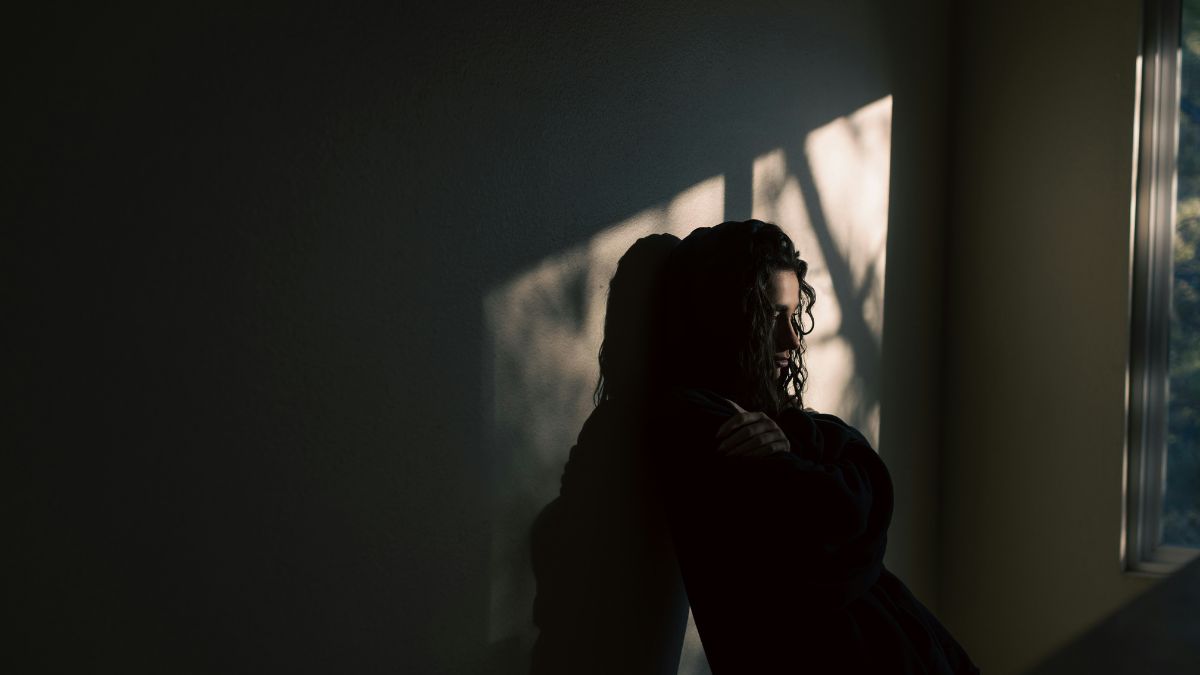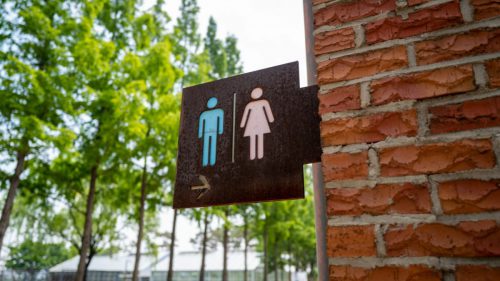

BreakPoint
Shafting Nineveh
As if sectarian divisions and murderous insurgency weren't enough, the drafters of Iraq's new constitution have a new foe to worry about: Mother Nature. A recent meeting of the various factions drafting the document had to be postponed because of a blinding sandstorm. But that's neither the only nor the most damaging storm likely to be associated with this constitution. In fact, the more you know about the Iraqi constitutional process, the clearer three things become. First, Baghdad isn't Philadelphia. Second, none of the people involved will ever be mistaken for James Madison. And third, the document that will emerge from these negotiations will bear little resemblance to the U.S. Constitution. Nowhere will this be more obvious than in the area of religion. As Nathan Brown of the Carnegie Endowment for International Peace recently said, the new constitution "will be fairly religious in coloration." By "religious" Brown means "Islamic." The only question is whether this Islamic "coloration" is mostly symbolic or whether the drafters are trying to implement an "Islamic vision" of what a constitution ought to be. Brown sees signs of the latter, including appointing "religious figures to the constitutional court." Nina Shea of Freedom House isn't that optimistic. She points out that the most recent draft of the constitution went from calling Islam "a source of law" to "the main source of law." It also includes a "repugnancy clause" that says no law can "contradict Islam." Shea believes, with ample justification, that by "Islam" the drafters mean "Sharia law," similar to that applied in places like Iran and Saudi Arabia. The efforts of those countries, combined with a possible "religious majority" in the parliament, might eventually turn Iraq into a de facto "Islamic Republic." You can see a glimpse of what they have in mind in the draft constitution. The rights of women are "explicitly tied to a proviso that it not violate Islamic Sharia." And freedoms of speech, association and, most significantly, religion "are limited with the undefined phrase 'in accordance with the law,'" presumably Sharia. All of this spells trouble for Iraq's 600,000 Christians. One man expected to wield power in the "new Iraq" is the Shiite leader, Ayatollah Sistani, who is often called a "moderate" in the press. While Sistani has urged "toleration" for Iraq's Christians, he has also told his followers that "infidels are best to be avoided." If this is "tolerance," imagine what intolerance might be. Actually, we don't have to imagine. I've already told BreakPoint listeners about attacks on Iraqi Christians. As one Iraqi nun put it, "Christians live in constant fear of being attacked, kidnapped and killed by radical Islamic groups." Absent enforceable guarantees, the best Iraqi Christians can hope for is a modern version of dhimmitude, the second-class status accorded Christians and Jews in the old Islamic empires. Shea is right when she insists, "No American blood should be spilt for the creation of a [Sharia] rule state." We ought to insist that our leaders do whatever's necessary to keep that from happening. And the least we owe our Christian brethren in Iraq is to protect them-and pray for them-from a storm we can clearly see coming.
08/19/05















